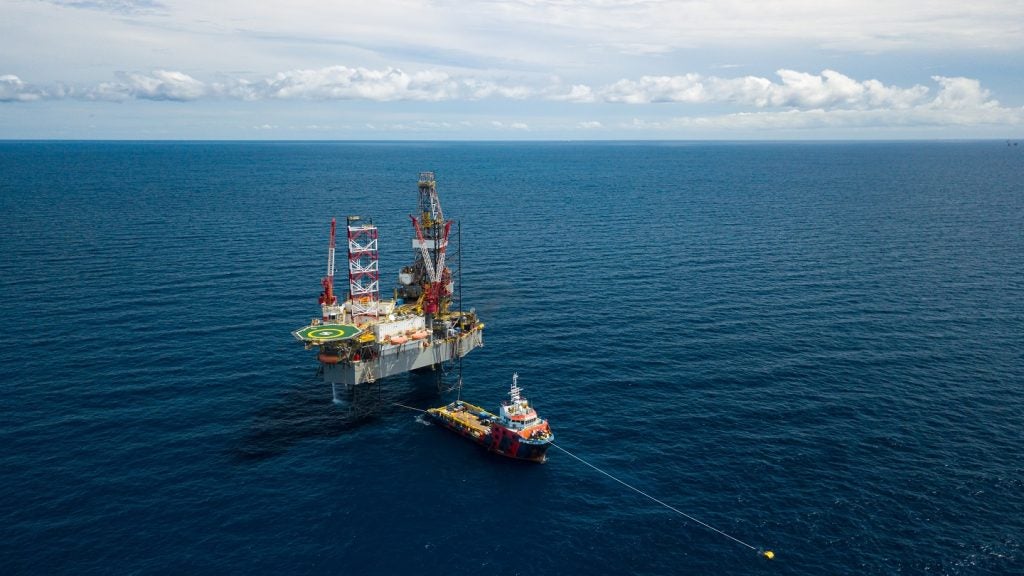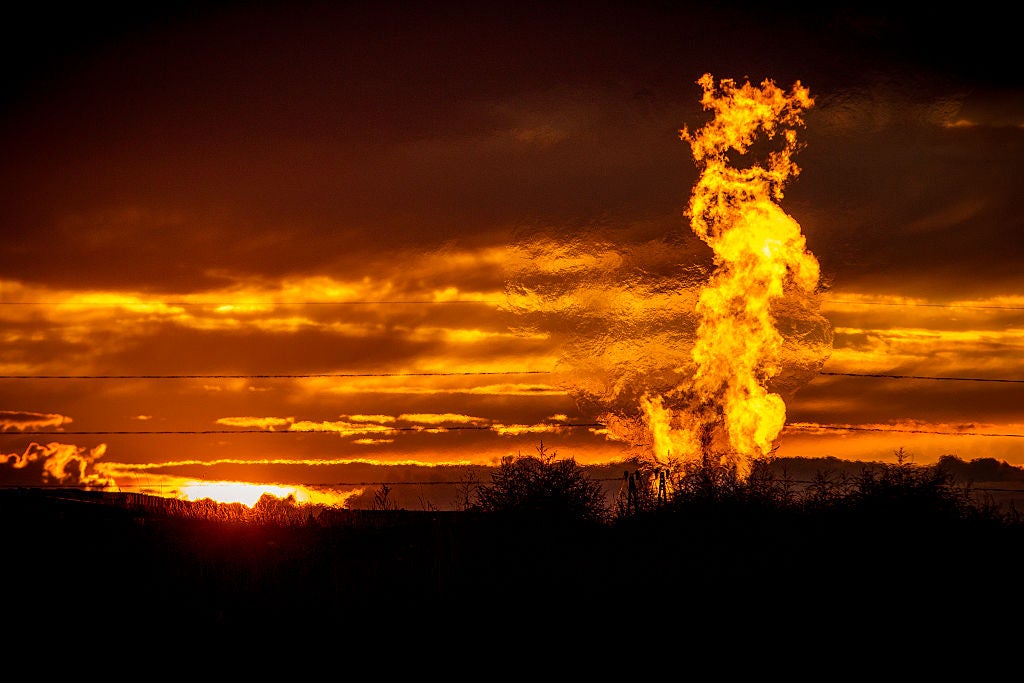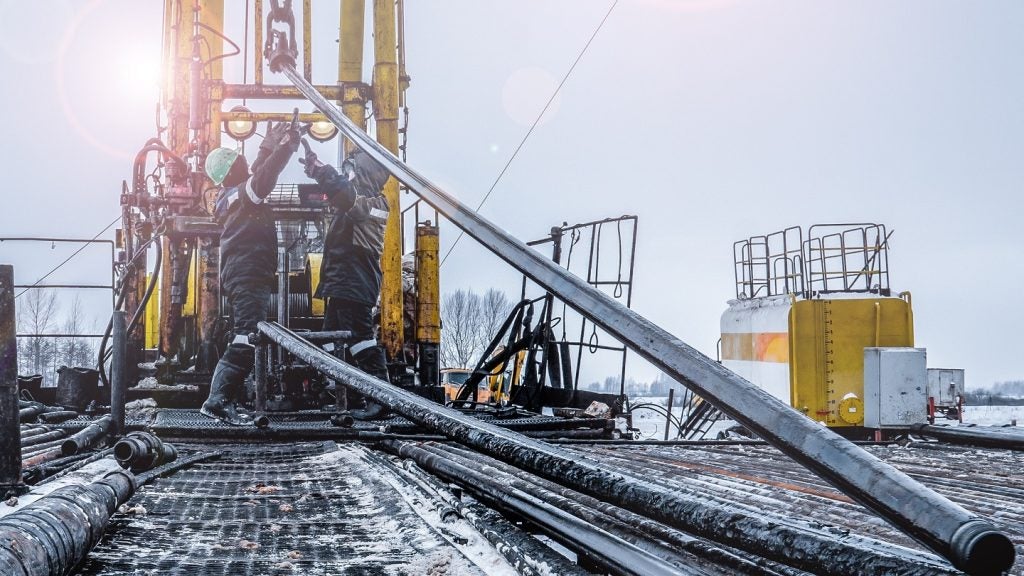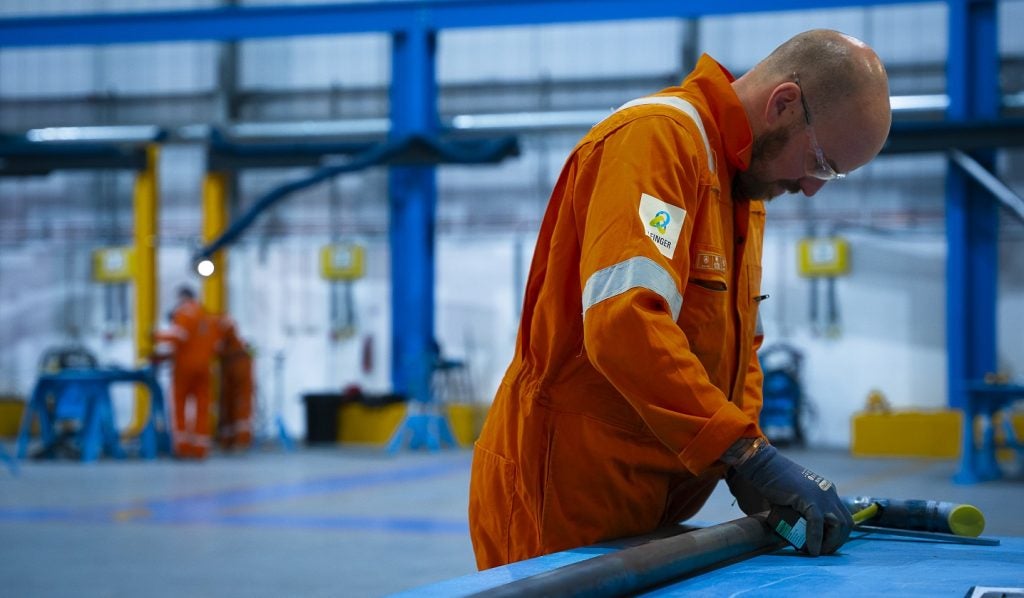The US DOE has selected Omnia Midstream to conduct a comprehensive carbon storage feasibility study in the Delaware Basin, West Texas.
The initiative, known as the PRCS Hub project, is part of the DOE's CarbonSAFE Initiative, led by the Office of Fossil Energy and Carbon Management.
The PRCS Hub project aims to address CO₂ storage requirements in the Delaware Basin, one of the most significant oil and gas regions in the US.
The project plans to create a network of CO₂ emitters, pipelines and carbon capture and storage (CCS) solutions across the basin.
In a press statement, Omnia Midstream said: “These project initiatives will facilitate responsible production increases in the area, positively affecting the local economy by creating jobs and generating revenue for communities in West Texas and Southeastern New Mexico.”
The PRCS Hub project is set to undertake necessary detailed site characterisation, planning and permitting work to potentially store up to 100 million tonnes of CO₂.
Omnia lead geologist Ryan Dupree said: "Significant groundwork has been conducted in modelling and comprehending formations in the region.
“This funding will help us to complete that picture and provide a clear sequestration strategy for the basin. Utilising extensive historical geology, we can enhance the assessment of storage feasibility. The collaborative efforts of our partners bolster our confidence in the positive outcomes of this project.”
The PRCS Hub project has pinpointed several potential storage sites that will be linked to emitters via CO₂ pipelines.
The establishment of a reliable CCS system will also aid in the development of large-scale gas-fired power plants, providing clean electricity to local communities and supporting the expanding oil and gas operations.
Last year, Omnia Midstream signed an agreement to incorporate renewable energy into Desert Mountain Energy's operations at the McCauley Helium Processing Facility in the Holbrook Basin of Navajo County, Arizona.















